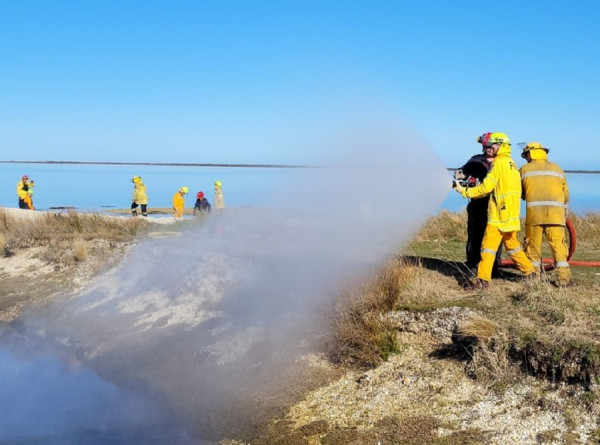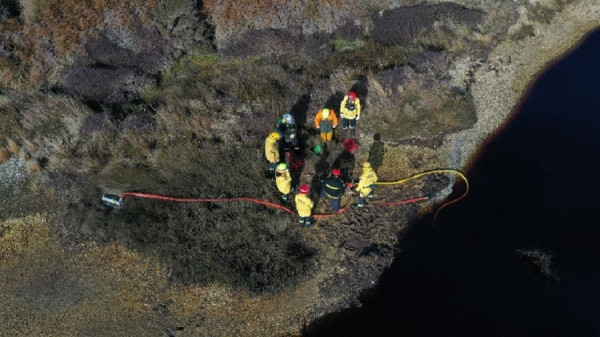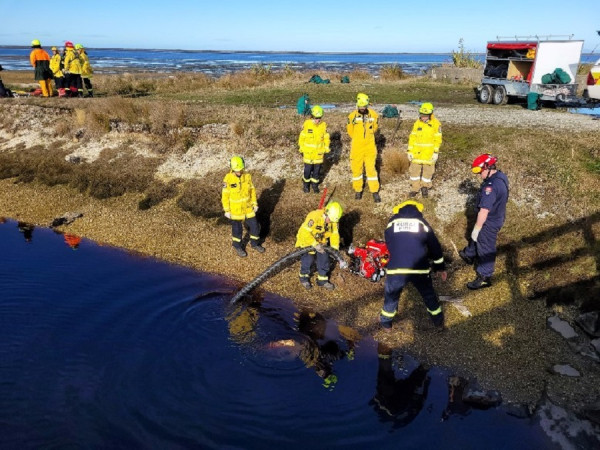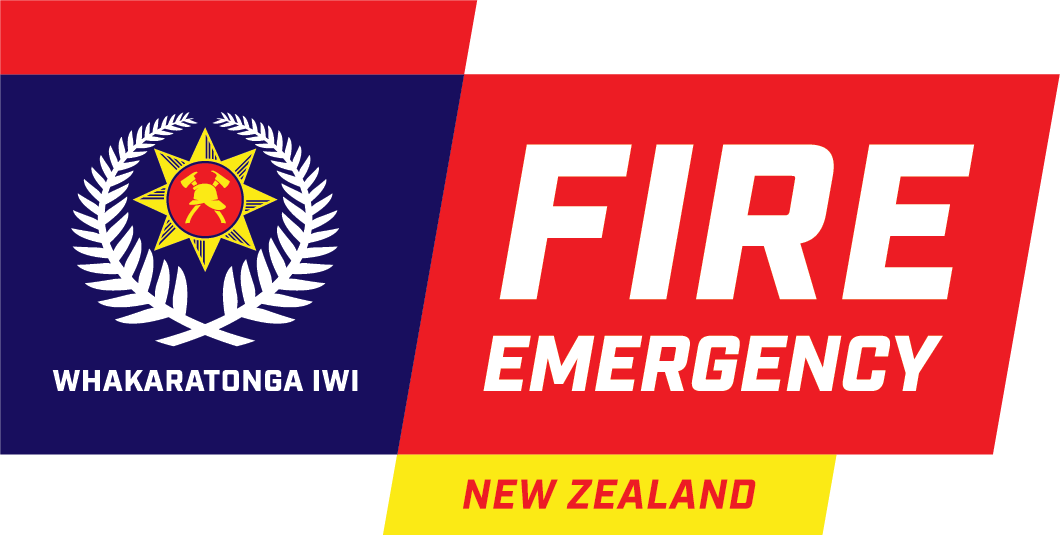Wildfire training with Department of Conservation firefighters
Fire and Emergency recently ran a two-day wildfire training workshop in Murihiku Southland alongside our Te Papa Atawhai Department of Conservation partners, in a first of its kind.
Manager, Region Training, Projects, Dale Wilhelm said the aim of the workshop was to increase firefighter safety and build connections among firefighters from Te Papa Atawhai and Fire and Emergency.
“The workshop was split into a day of theory and a day of practical exercises and covered both core skills (like using high pressure, low volume pumps and hand tools) and some new techniques and equipment.
“The training used a mentorship model, where skilled people from DOC and Fire and Emergency facilitated the training, provided advice, and gave feedback so firefighters could improve their technique in a controlled environment.”
Dale says the training took place at Awarua-Waituna wetlands where there was a large fire in April this year.
“On the second day before we started the exercises, we first acknowledged Papatūānuku (the land) and then had a whakamoemiti – a thanksgiving and recognition of the damage suffered during the fire. The ceremony, led by mana whenua, also acknowledged the work of many to put the fire out. This was very special and made it a recovery ground instead of an incident ground.
“Then it was into the field for a practice scenario where water was pumped from a water source into a dam and then on to the staged fire, replicating the type of situation firefighters might encounter if a fire does break out on private conservation land.”
Dale said the workshop had a great social and team building element.
“Our people got to know their fellow DOC firefighters and some local Fire and Emergency firefighters better, which will result in working better together when responding to a real fire.”
National Fire Advisor Scott Bowie said the workshops are a great chance for firefighters to build relationships with each other.
“The fire ground can be dangerous and changes quickly, and it’s important firefighters know and trust who they’re working with, so they can respond effectively and stay safe.”
Just after the Southland workshop, another one was run in Thames. The workshop will be rolled out nationwide.




